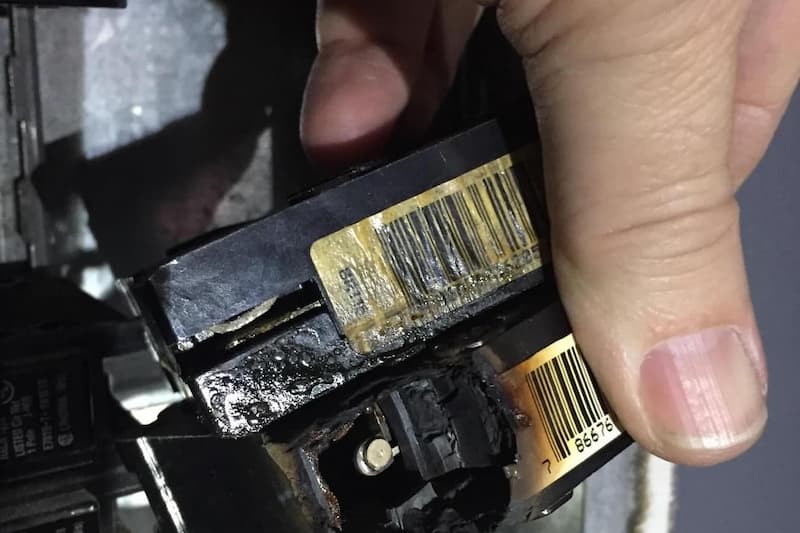Ensuring Electrical Safety in Your Home: A Homeowner's Guide

As a homeowner, ensuring the safety of your electrical system is paramount. An unsafe electrical system can lead to serious hazards, including electrical fires and shock. Here’s a comprehensive guide on how to assess the safety of your electrical system and take necessary precautions.
1. Regular Inspections
One of the best ways to maintain a safe electrical system is through regular inspections. Here are a few pointers for what to look for:
- Check for Frayed Wires: Inspect visible wires for any signs of wear and tear. If you see frayed or exposed wires, it’s time to call a professional.
- Examine Outlets and Switches: Ensure that outlets are not discolored, cracked, or loose. Any outlet that feels warm to the touch should be further examined.
- Review Your Circuit Breaker Panel: Look for signs of overload, such as rust or tripped breakers. A crowded panel can indicate that you need an upgrade.
2. Test GFCI Outlets
Ground Fault Circuit Interrupters (GFCI) are critical in areas where water is present, such as kitchens and bathrooms. Regularly test these outlets to confirm they function correctly. Press the "test" button, and the reset button should pop out. If it doesn’t, consider having it replaced.
3. Assess Your Smoke and CO Detectors
Functional smoke detectors are essential for home safety. Test them monthly, change the batteries at least once a year, and replace units every ten years. Don't forget about carbon monoxide detectors, especially if you have gas appliances.
4. Avoid Overloading Circuits
Overloaded circuits can be a precursor to electrical fires. Be mindful of how many devices you connect to a single outlet or circuit. Use power strips wisely, and avoid daisy-chaining multiple strips together.
5. Be Aware of Warning Signs
Recognizing warning signs can help you catch issues early. Look out for:
- Frequent tripped breakers
- Flickering or dimming lights
- Buzzing sounds from outlets or switches
- A burning smell near electrical appliances
If you notice any of these signs, consult a licensed electrician without delay.
6. Educate Yourself on Electrical Codes
Familiarize yourself with local electrical codes and regulations. Understanding these can help you know what is required for safe operation and installation of electrical systems in your home. Hiring licensed electricians ensures compliance during upgrades or repairs.
7. Hire a Professional Electrician for Major Concerns
For any significant electrical issues or renovations, it's always best to consult a licensed electrician. They can conduct thorough inspections, perform necessary repairs, and upgrade outdated wiring or electrical panels safely.
Conclusion
Ensuring the safety of your electrical system is crucial for your family's well-being and property security. By conducting regular inspections, being aware of warning signs, and consulting professionals when needed, you can maintain a safe electrical environment in your home. Remember, safety first—don't hesitate to seek help if you’re ever in doubt!

Feel SecureWith Our Electricians In Birmingham & Surrounding Areas